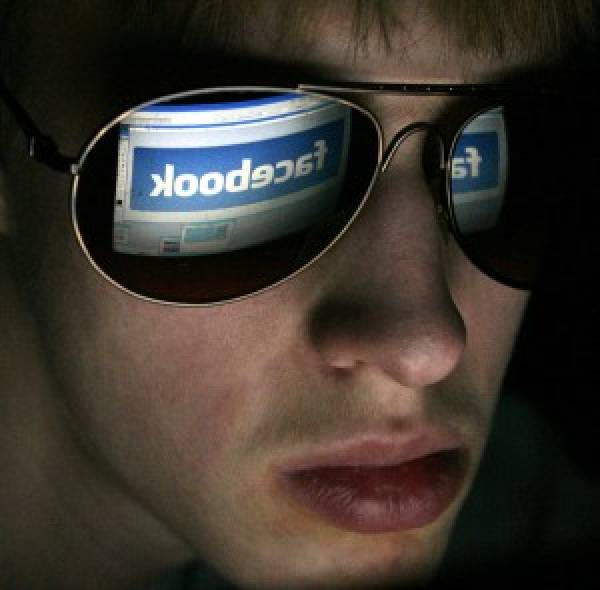Online Gambling for the Facebook Generation

By Michael V. Copeland, senior writer
NEW YORK (Fortune) -- If your favorite book happens to be Seabiscuit, you already know the answer to the following question: What are the three legal forms of online gambling in the United States?
The Federal Unlawful Internet Gambling Enforcement Act, passed in 2006, put the kibosh on all kinds of online gambling, with the exception of fantasy sports, online lotteries, and horse/harness racing. It actually wasn't the betting that was outlawed, but the transfer of money from a bank to an online gambling site. In any event, for online betting houses in the U.S., the party was over -- sort of.
Online gambling in the United States still goes on -- billions of dollars every year -- it just happens via offshore outfits and offshore accounts. Strictly speaking, in ain't legal, but when you have a feeling about a big football game, or you have a poker itch to scratch, well, you'll find a way to scratch it.
Goldman Sachs in a recent research note to investors estimated that online poker and casino games alone could be worth up to $12 billion in the U.S. The white-shoe investment bank also concluded that because of the tax implications alone, the U.S. market is likely to be legalized sooner rather than later.
That is exactly what U.K.-based Betfair, one of the world's largest Internet gambling companies, is betting on. But rather than wait for all forms of gambling to get the green light, it's making its initial push in the U.S. via horseracing. "We want to bring the Facebook generation to the track," says Gerard Cunningham, who heads up Betfair's U.S. operations.
In January, privately-held Betfair acquired Los Angeles-based American TV Games Network, an online horse race betting company for $50 million. The price tag was so hefty in large part because TVG has its own television channel that broadcasts horse racing to 32 million households across the United States.
Cunningham is currently staffing up in Silicon Valley. The plan is to build a technical team that can combine that television property with a brawnier website, which can stream live horse races to viewers and add all the social media bells and whistles, including Twitter feeds, chat and blogging -- to make the horse-racing experience more akin to watching an episode of "Lost" on Hulu.
In the United States in 2008 about $14 billion was bet on all forms of horse-racing -- $1.5 billion was bet online. Betfair's TVG handled about $500 million of the online transactions. And while it is currently restricted to so-called parimutuel betting in the U.S. (where the house takes a cut of the overall pool of bets), what it hopes to do, as laws allow, is to bring exchange betting to the U.S.
Exchange betting is where Betfair has made its name outside of the U.S., and is what makes Betfair one of the largest pure-play Internet companies in the world. In concept the model is similar to eBay (EBAY, Fortune 500), only instead of providing a marketplace where buyers and sellers are connected, Betfair's model matches up people on both sides of a bet. That bet can range from a match at Wimbledon to the outcome of a political contest. One person proposes a wager and another person (or group of people) take the other side. Betfair makes its money on a 2% to 5% commission paid by the winner. In the year ending April 2008, that amounted to $396 million in revenue and $69.5 million in profit for Betfair.
Like the Goldman Sachs analysis, the Betfair team believes that online gambling will be expanded in the United States, probably on a state by state basis rather than with a sweeping federal law, Cunningham says (hearings on a bill proposed by Massachusetts Congressman Barney Frank that would undo most of the 2006 Unlawful Internet Gambling Enforcement are delayed until at least September).
The technical team he is building in Silicon Valley is therefore taking a very modular approach to what its building online so that various components of online gambling can be turned on and off depending on the laws in individual states (or even countries). So that might mean poker and horseracing in one state, and sports betting in another.
Right now, Betfair is focused exclusively on horse racing in the United States, because that is what is emphatically legal, Cunningham says. "When other forms of gambling become legal, we'll be ready," he says. "Until then, if it's even a grey area we're not going to touch it.













